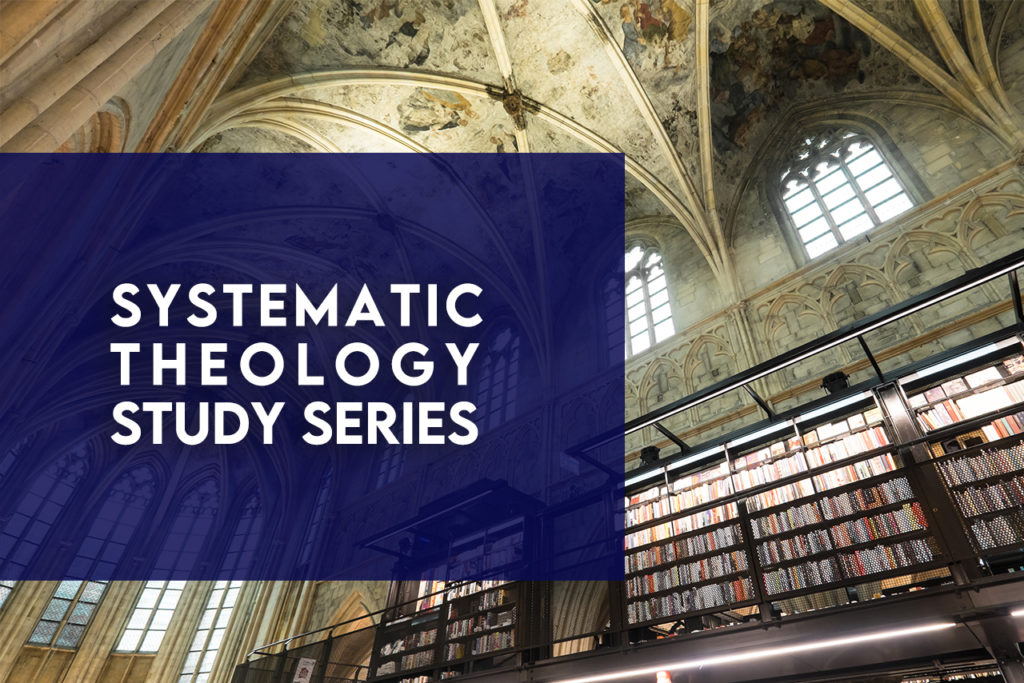
Olivet University’s Master of Divinity students engage in a deep investigation of the tradition of faith in the Church through their systematic theology study series this summer.
“Why should we encourage those who are spiritually weak to listen to the Word of God? I wasn’t sure why but now I come to understand the theological basis of such advice,” said Joshua Song, a second-year MDiv student.
Dr. Rachael Mak, assistant professor of systematic theology at Olivet Theological College and Seminary, guided students to deal with frequently asked questions in the Church based on well-defined lines of the Reformed faith and theology. The 10-week ‘Systematic Theology III: Ecclesiology & Eschatology’ course examines the nature of the Church, its structure, function, and mission; and the nature of last things, including the biblical prophecies pertaining to the end of the age and the eternal state in the new heavens and earth.
Reformed theologians affirm that the Word of God is not moral persuasion or philosophy, but a means of ‘grace’ that removes sin and renews the sinner in the image of God. In addition, the Word alone is insufficient to transform life without the work of the Holy Spirit.
“God continues to give us grace through the Holy Word. This is the way God works. Though believers may also receive grace through prayer, worship, counseling, or other spiritual experiences, the Word provides the root and the foundation,” Song explained what he learned from the course.
Another major topic discussed in the course was the meaning of the Holy Sacrament. The tradition of the Holy Sacrament can be traced back to Passover in the Old Testament. The Passover reminds Israelites of the deliverance from Egypt and the deliverance from the bondage of sin. People of God gathered for sacrifices, where a lamb was slain. Then they consumed the roasted lamb with unleavened bread and bitter herbs together in a communal meal, which symbolized the communion of God and man, and among the people of God.
This connects to the Lord’s Supper where Jesus formally constituted as one of the holy sacraments to commemorate his sacrifice to redeem us from sin, punishment and death. The Church must not fall into formalism but remember the profound grace that believers received by delivering the Holy Sacrament.
Second-year MDiv student Phoebe Sun reflected: “After studying this systematic theology course, I join the Lord’s Supper at my church with a new perspective. It is to receive God’s total love for man through Jesus Christ, and we, who have received one life together, also live a life of love for one another in Christ. This is the world God created in the first place and is now being restored among the believers. The practice of the Holy Sacrament has a deep meaning to the union of God’s people.”Olivet University theology students are gaining a solid framework to conduct an investigation of the tradition of faith in the Church through the series. The theological studies course runs through the rest of summer quarter.
